Humans of UK: David Bradshaw explores the language of philosophy
University of Kentucky Philosophy Chair David Bradshaw poses for a portrait on Wednesday, Sept. 21, 2022, in his office in Patterson Office Tower at the University of Kentucky in Lexington, Kentucky. Photo by Maria Rauh | Kentucky Kernel
September 26, 2022
David Bradshaw, chair of UK’s Philosophy department, has been a UK professor for 25 years. However, his pursuit of philosophy began over 30 years ago, when he started writing his book, “Aristotle East and West.”
The book tracks the evolution of enérgeia, a Greek concept for divine energy. It details the word’s history from the fourth century B.C.E., when it was coined by Aristotle, up to its use in the 14th century in the Byzantine Empire.
Another focus is the differences between Greek and Latin Christianity and the way they describe divine energy. Bradshaw explained that many differences center around language.
“A lot of works in early Christian thought that were written in Greek were not translated into Latin, and so people didn’t have them during the Middle Ages,” Bradshaw said. “In the Middle Ages, theology in the West kind of went in its own direction … I’ve been writing about that for the past 20 years, in one way or another.”
Bradshaw currently teaches ancient Greek philosophy, medieval philosophy and political philosophy; however, he studied physics as an undergraduate. It was only in graduate school that he took classes covering Greek language, idioms and philosophy — main points of his book.
“Some of the research really just came through doing regular course study in ancient Greek philosophy, but I also read other authors that would not normally be part of that study, because they do use this word [enérgeia], and they’re important for how the word evolved and took on a new meaning,” Bradshaw said.
Though his book is now finished, Bradshaw said he is grateful to UK for allowing him to further discuss his interests through teaching. In addition to teaching, he has given multiple talks about the topic of divine energy.
“I’ve been able to teach a lot of good students over the years, and talking with them about these issues has been a huge help to me. I’m grateful that we have a strong philosophy program,” he said. “I’m also connected now with the Lewis House, right off campus, and they’re going to become a center of Christian scholarship right here at UK. That also is a connection that I’m very, very grateful for.”
Bradshaw encouraged anyone who wants to write a book of their own to read extensively about the subject they cover.
“Find out what’s already been said about the thing that interests you, and then what you want to say that’s different,” he said. “It might be that people have said things you think are wrong that you want to correct, but it might also be that they’ve just not even noticed or thought about the thing that you recognize is so important.”









































































































































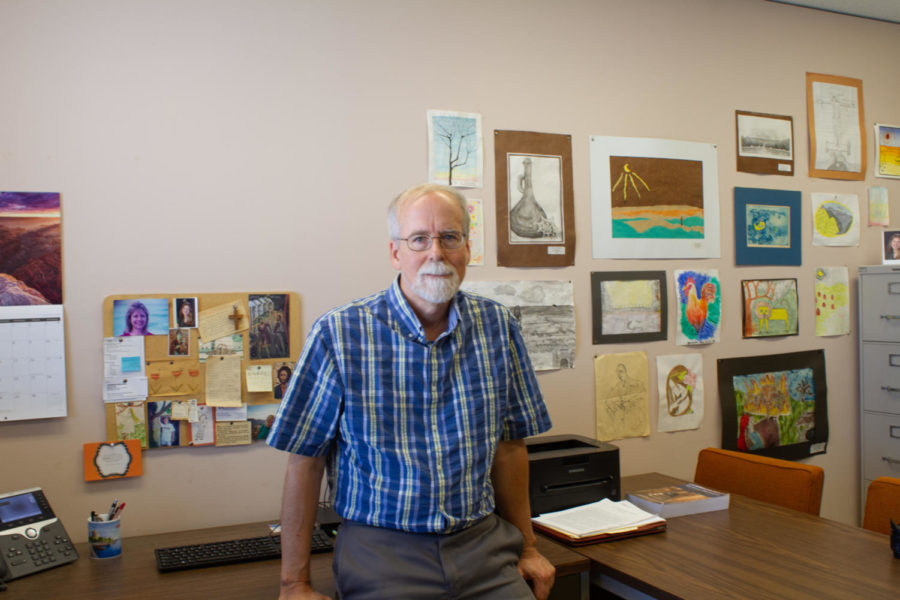

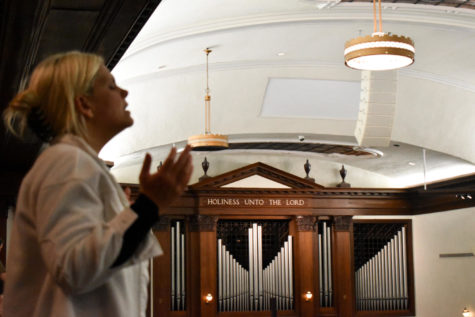
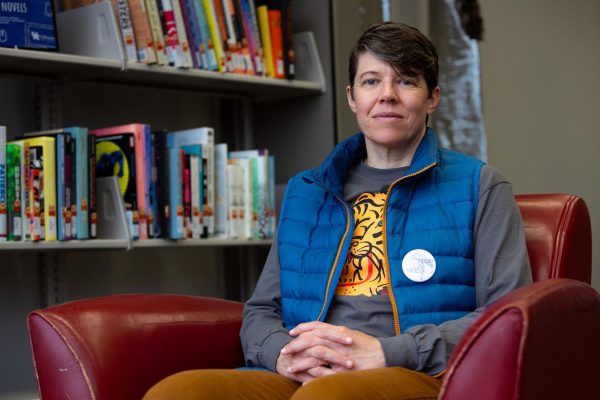


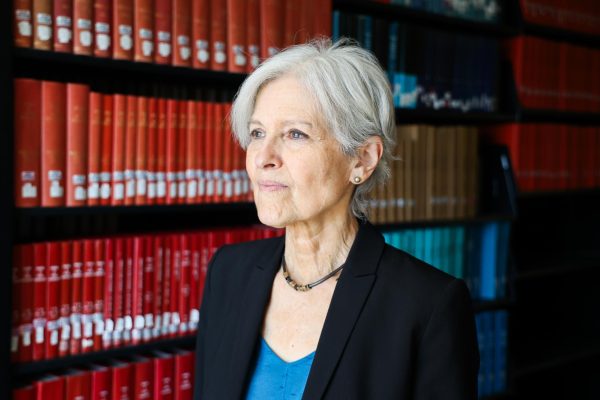
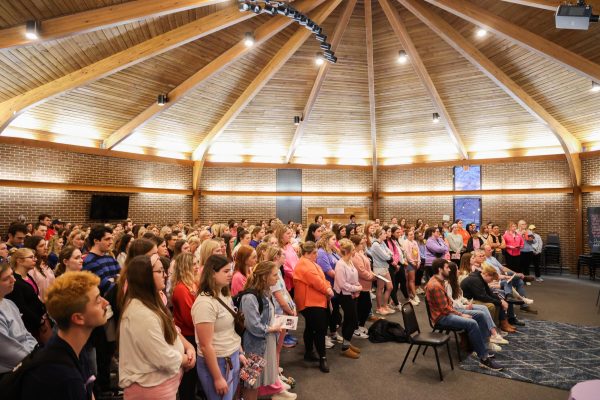


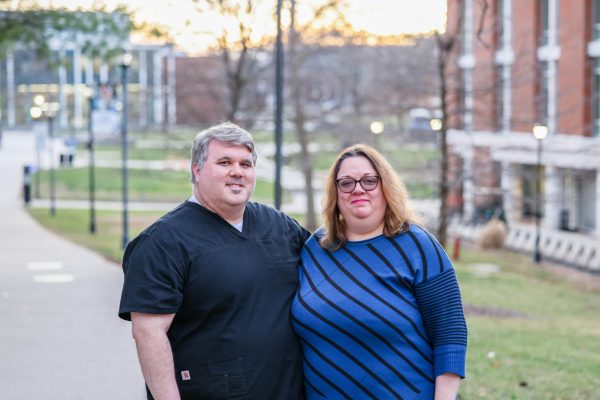

Lewis House • Sep 26, 2022 at 2:22 pm
We’re very thankful for Dr. Bradshaw’s work both on and off campus! And we appreciate his involvement with the Lewis House. Check out some of the things Lewis House is doing around campus at http://www.lewishouse.org, including a speakers series tackling big questions about our culture and our faith. See more at http://www.lewishouse.org/lecture-series/